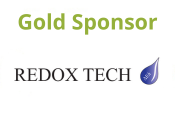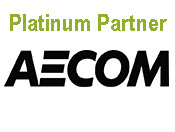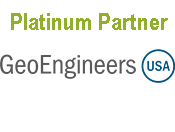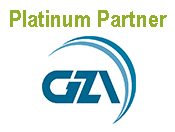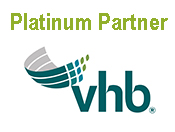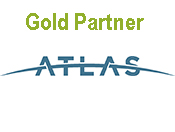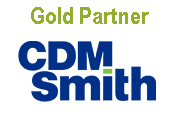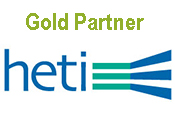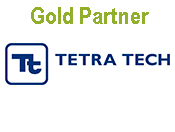At our December 15, 2020 member meeting, Ethan Mascoop was honored with the LSPA's first Environmental Justice Award. This award is presented to an individual or organization from the public, non-profit, or private sector for recent or continuing outstanding contributions in increasing awareness of environmental justice (EJ) issues and/or supporting
EJ communities. Carol Bois, LSPA Past President, presented the award to Mr. Mascoop, MPH, MUA (Master of Urban Affairs). She said that "
Ethan has devoted most of his working career to public service; he is a public health trailblazer and activist seeking to bring attention to areas that have historically been overlooked. Ethan was the Director of Public Health in Framingham, MA from 2008 to 2013. In 2011, I began working with Ethan on various environmental issues associated with MCP sites in the Town (now City) of Framingham and have witnessed his dedication to and action on public health issues firsthand, especially his commitment to improving public health for the underserved, such as Environmental Justice communities."
Ethan currently works as an independent consultant on housing conditions, indoor air quality, Title V compliance, and other occupational and public health issues; he also teaches graduate public health students as an Adjunct Clinical Professor at Boston University's School of Public Health.
While he was the Director of Public Health in Framingham, Ethan drove the City to become more of an advocate and active participant in decisions affecting local hazardous waste site cleanups under the MCP. The City has continued that legacy through the present day.
As one example out of many, he provided a voice to community health and environmental concerns about decades-long contamination created by operations from General Chemical Corporation, one of the largest hazardous waste sites in Framingham.
Ethan's efforts, supported by the Board of Health and the LSPs working with him, resulted in the company, the City, and MassDEP responding to the community's concerns - after years of the contamination languishing with little or no movement toward cleanup.
For his leadership, Ethan is recognized with the LSPA's 2020 Environmental Justice Award. Congratulations Ethan!






